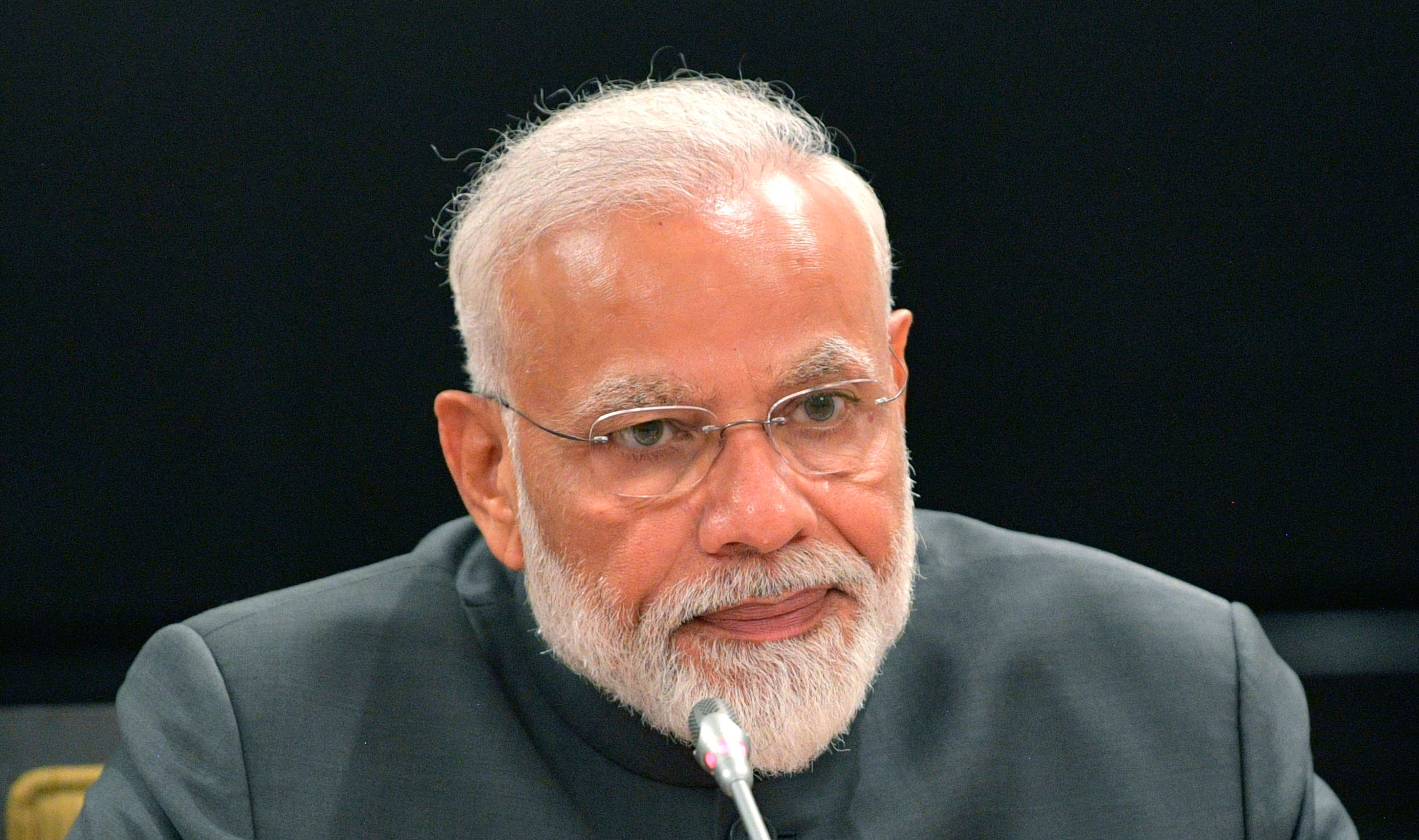When Prime Minister Narendra Modi sets up a committee to examine the issue of “one-nation-one-election” — as was announced after Wednesday’s all-party meeting — it will be the fourth such panel to be formed in as many years on the subject.
Three committees have already submitted detailed reports, the first being the parliamentary standing committee on personnel, public grievances, law and justice.
That committee had decided to study the “Feasibility of Holding Simultaneous Elections to the House of the People (Lok Sabha) and State Legislative Assemblies” in January 2015 and submitted its report by the year-end.
The panel had conceded that it would not be possible to have simultaneous polls at one go in the near future and proposed a two-phased approach.
According to this proposal, half the states would poll around the middle of the term of the Lok Sabha and the rest when the term ended. This would entail curtailing the life of the legislative Assemblies in the first round and extending it for those in the second phase.
This proposal was seconded by a Niti Aayog panel in its 2016 report on the subject and found mention in a report of the Law Commission in 2018.
The panel was clear simultaneous polls were not possible within the existing framework of the Constitution.
Its report had, in fact, chalked out a scenario where the life of the Assemblies of Maharashtra, Jharkhand, Haryana and Delhi — due for polls within the next year — could be curtailed to be held with the 17th general election and that of Madhya Pradesh, Chhattisgarh, Rajasthan and Mizoram — which voted in December 2018 — extended.
Not only was this not done, the TRS government in Telangana — which was scheduled to poll along with the Lok Sabha — advanced Assembly elections to December 2018. Yet, the TRS on Wednesday again advocated simultaneous elections.
While the Modi government has made simultaneous polls a pet project — raising suspicions of a move to centralise the poll process through this — the issue has been in discussion for two decades now.
Way back in 1999, the Law Commission had recommended it in a report but the political class has remained divided.










